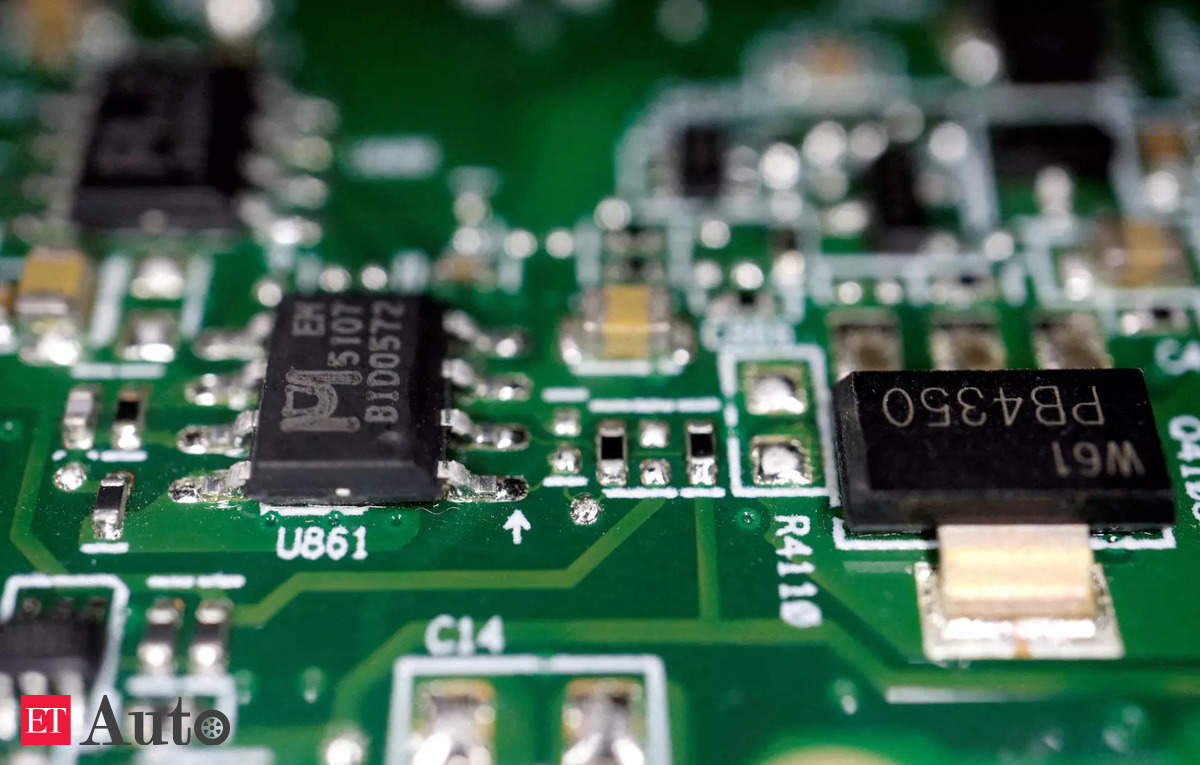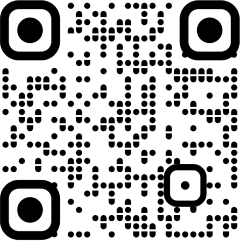The United States and the European Union committed to extend by three years their cooperation on identifying disruptions in the semiconductor sector, with a particular emphasis on mainstream “legacy” chips from China.
The two sides concluded a two-day session of their Trade and Technology Council on Friday with a l2-page joint statement on the meeting’s outcomes.
It said the two partners would share market intelligence about “non-market” policies and practices, which they argue prevail in China, and consult on planned action to address distortions on the global supply chain.
European Commission Vice President Margrethe Vestager, who oversees EU policy on technology, said the EU and U.S. were taking “the next steps” regarding legacy semiconductors.
U.S. Commerce Secretary Gina Raimondo told a news conference that China was producing some 60% of legacy chips, found in cars, household appliances and medical devices, and would continue to do so in the coming years.
“And we know there’s a massive subsidisation of that industry on behalf of the Chinese government which could lead to huge market distortion. And so that’s why we’re focused on it,” she said.
The Commerce Department has already launched a survey to assess market distortion, she said, adding that the EU would do a similar exercise soon, with the two set to share their results.
The two partners have also committed to join forces in research to find alternatives to per- and polyfluoroalkyl substances (PFAS) in chips. The “forever chemicals” do not readily break down and studies show they can harm human health.





